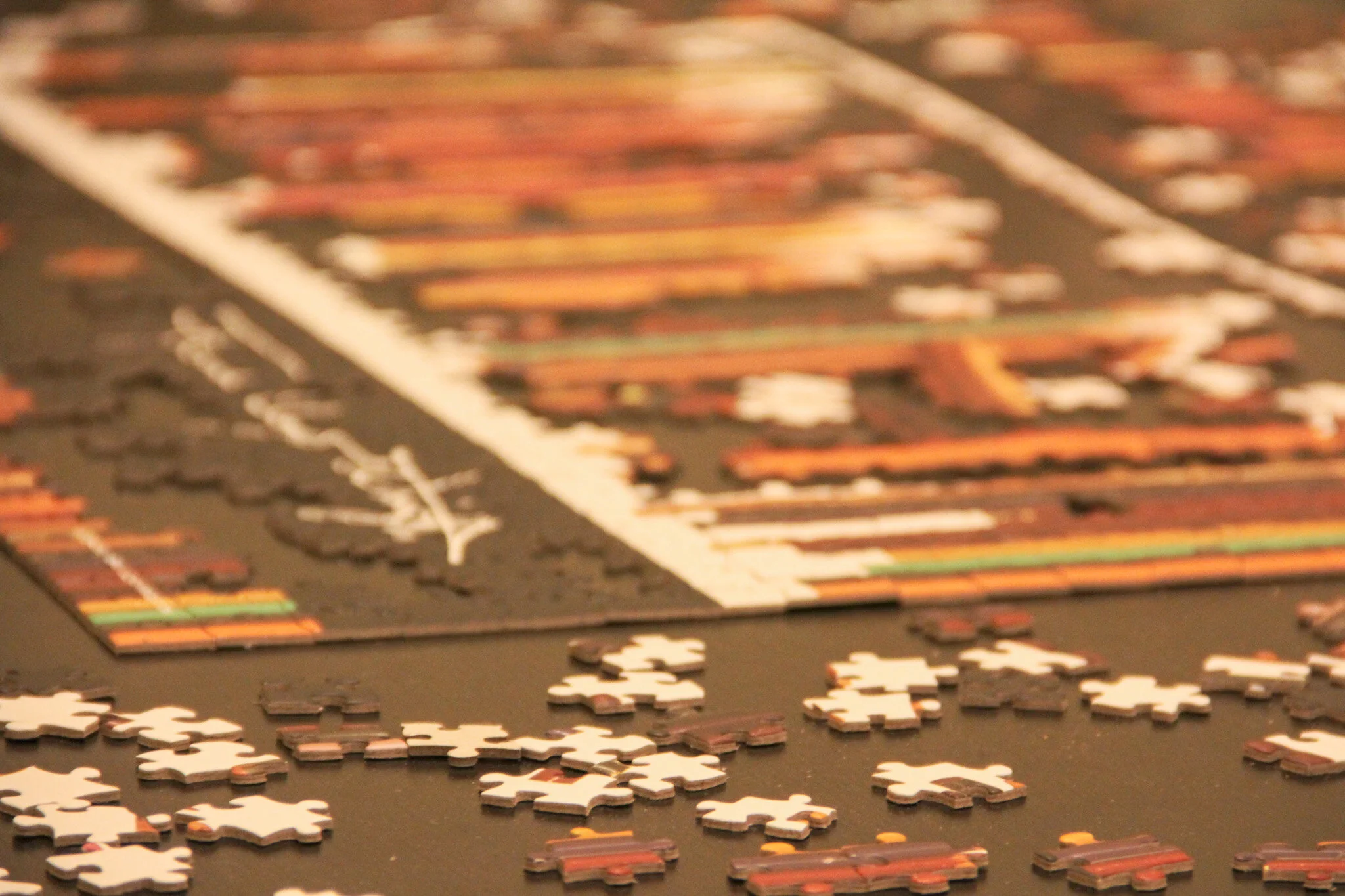Core Mindfulness Skills in DBT
In this article:
Mindfulness is the practice of observing one’s emotions and environment, describing feelings and experiences, and fully participating in the moment.
In DBT, the practice of core mindfulness is taught through “what” skills and “how” skills, i.e., what can we do to become mindful and how should we do it?
Dialectical Behavior Therapy (DBT), an evidence-based treatment for suicidal behaviors, borderline personality disorder and other severe and complex mental health disorders.
DBT: Mindfulness
The first of the four primary DBT modules is core mindfulness. Derived largely from Eastern Zen philosophies and Western contemplative practices, mindfulness forms the foundation for the other three DBT modules of interpersonal effectiveness, distress tolerance and emotion regulation.
Mindfulness is the practice of observing one’s emotions and environment, describing feelings and experiences, and fully participating in the moment. By learning to incorporate mindfulness skills, you can become more aware of your feelings, thoughts, impulses, and behaviors. This awareness empowers you to better regulate your emotions and choose more appropriate actions.
In DBT, the practice of core mindfulness is taught through “what” skills and “how” skills, i.e., what can we do to become mindful and how should we do it?
Mindfulness can be a challenging skill for some people to develop. Many of us have become accustomed to focusing on events that have already happened or may occur in the future, rather than what is happening right in front of us.
With training and practice, however, core mindfulness enables you to become more flexible in thinking and become less emotionally reactive. Learning to practice and cultivate mindfulness can help reduce the tendency to react negatively based on internal triggers, allowing you to be fully present in the moment and engage in more effective in your communication and decision making.
Marsha M. Linehan PHD, ABPP, is a ground-breaking clinical psychologist, Professor of Psychology and Professor of Psychiatry & Behavioral Sciences at the University of Washington.
Linehan developed Dialectical Behavior Therapy (DBT), an evidence-based treatment for suicidal behaviors, borderline personality disorder and other severe and complex mental health disorders.
MINDFULNESS - What Skills
What Skills identify what is occurring in your awareness when practicing mindfulness techniques
Observing:
This refers to observing the current environment and events, as well as the client’s own sensations, thoughts, and feelings—without describing or judging him or her. This process helps prevent impulsive reactions and the triggering of negative emotions and internal dialogues.
Describing:
The second step is to describe what has been observed and experienced, being careful to express facts rather than interpretations.
Participate:
You are fully engaged in the present moment. The focus is on the discussion one is engaged in, or the event you are attending, rather than allowing the mind to wander about past incidents or future possibilities.
MINDFULNESS - How Skills
HOW Skills identify how to practice mindfulness techniques from a DBT perspective
Non -Judgmentally:
The nonjudgmental skill helps neutralize the common tendency to label experiences and feelings as “good” or “bad.” In applying this skill, the individual describes the key facts of the experience rather than his or her feelings and judgments about it.
One-Mindfully:
One-Mindfully refers to focusing 100% attention on the present situation rather than multitasking—in other words, participating mindfully as opposed to mindlessly. This skill is helpful in breaking the habit of dwelling on negative thought patterns, which tends to prolong and aggravate distressing emotions.
Effectively:
The effectiveness skill enhances the capability to select behaviors that are consistent with achieving goals rather than deliberating on what is fair or unfair, and how things “should be.” The idea is to take productive and goal-oriented actions instead of being caught up in a cycle of negative thinking and behaviors.
DISCLAIMER: All information included is for educational purposes only. It is not meant to be used for self-diagnosis or to instruct anyone on how to proceed with their mental healthcare. A mental health diagnosis can only be identified by a trained professional that facilitates a proper assessment. Please speak to your healthcare professionals prior to making any changes.



